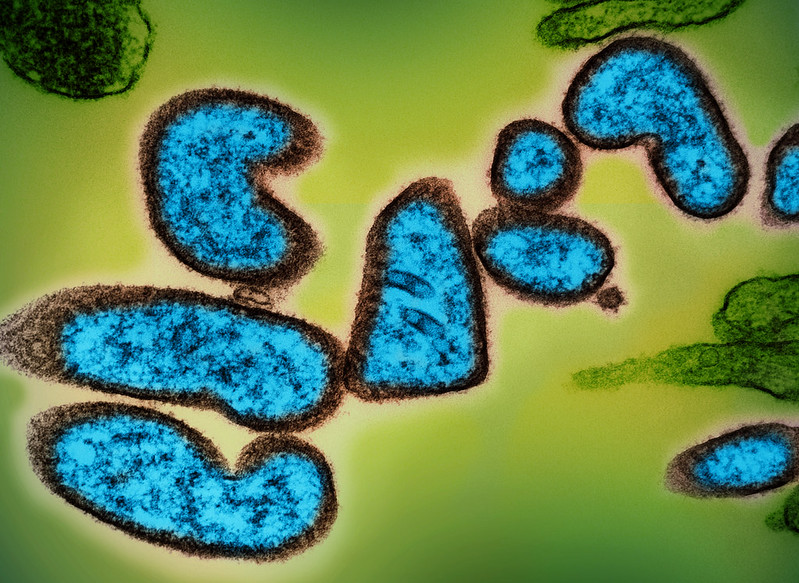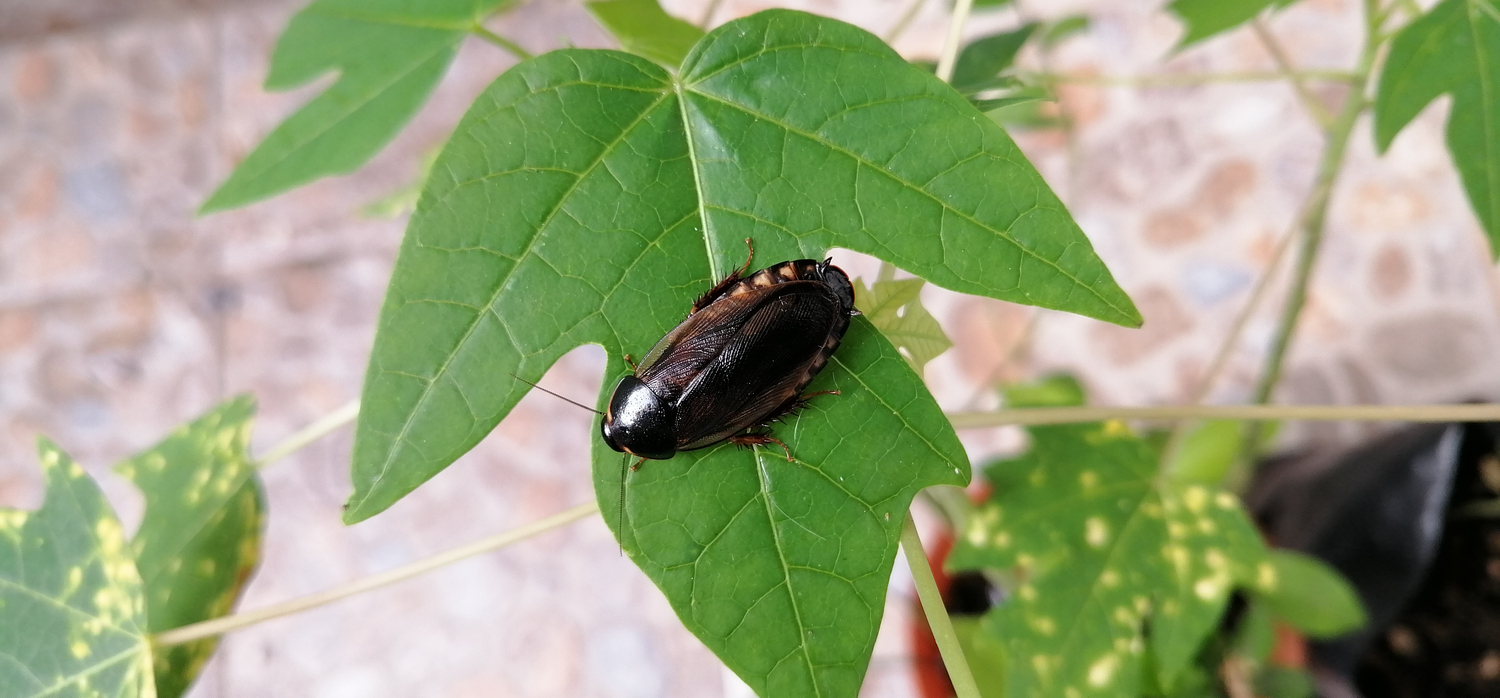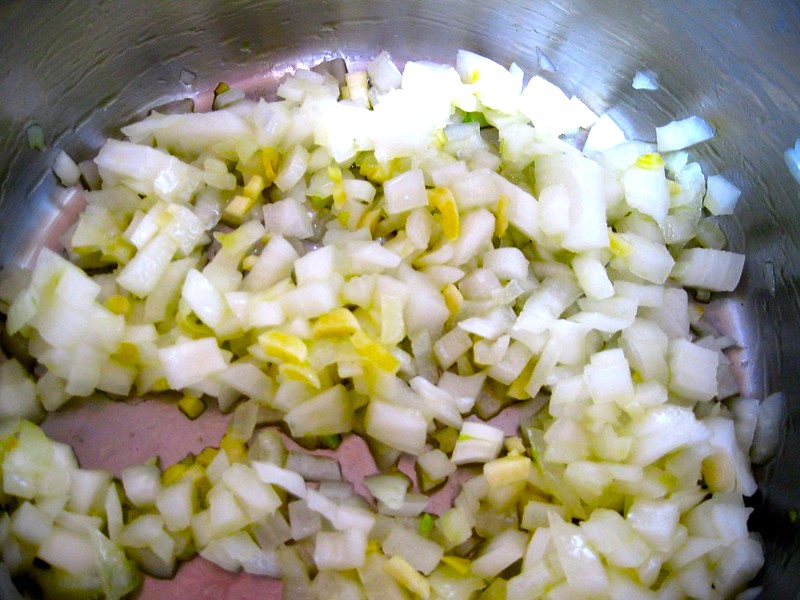Bangladesh has reported 14 Nipah virus cases this year, 10 of them fatal, scientists from the country's Institute of Epidemiology, Disease Control, and Research (IEDCR) said this week at a discussion at the group's headquarters, according to the Business Standard, a daily newspaper based in Dhaka. The IEDCR said deaths from the disease are at the highest level in 7 years.

The cases were reported from 7 of the country's 64 districts, according to IEDCR data.
Scientists also revealed that the virus has been detected for the first time in breast milk. Nipah virus, a paramyxovirus that can cause severe encephalitis, has a high case-fatality rate, between 45% and 75%. People are typically exposed to the virus through direct contact with infected animals, drinking contaminated palm sap, or eating contaminated fruit. The virus can also spread from person to person. The natural reservoir is fruit bats.
In Bangladesh, Nipah infections can follow a seasonal pattern, from December through May. The period tracks with the harvesting of palm sap and festivities surrounding the practice. Health officials urged people to avoid drinking date sap, which can be contaminated by bat droppings, unless it is processed in a way that kills the virus.
There are no vaccines or treatments for Nipah virus, designated as one of the World Health Organization's priority diseases for research and development. It is also one of the Coalition for Epidemic Preparedness Innovations' top priorities for countermeasure development.












